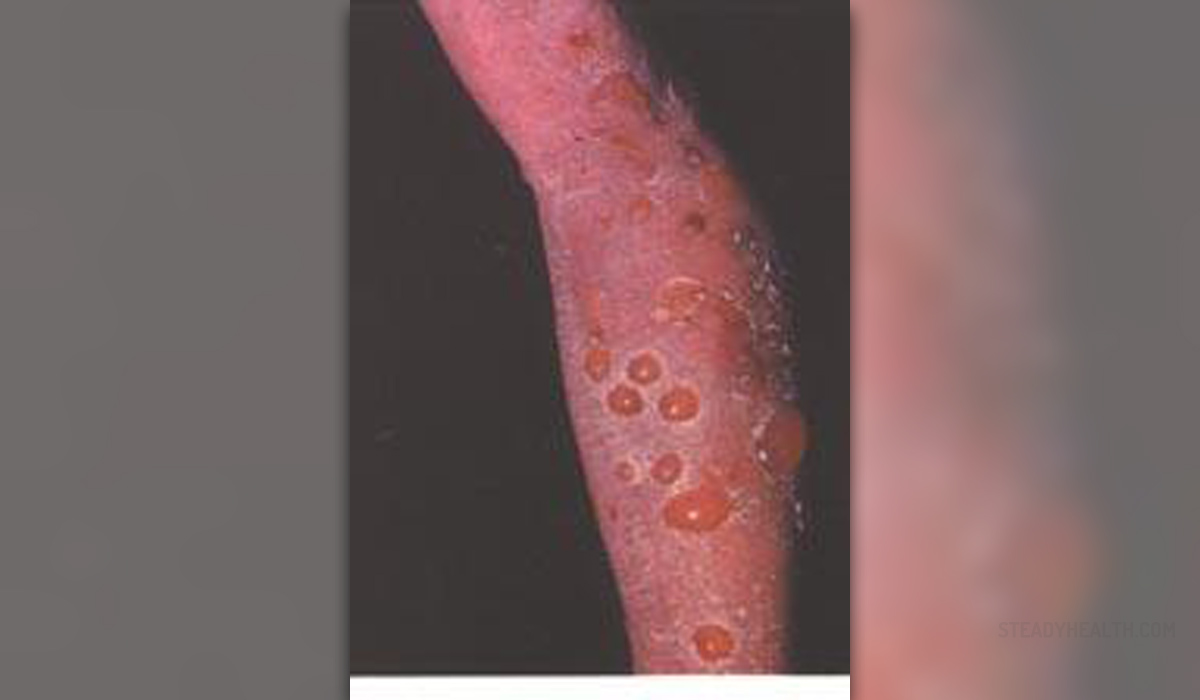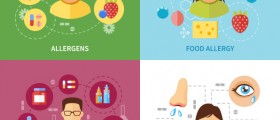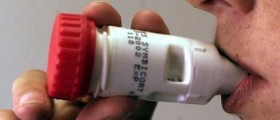
Allergic reaction to a specific drug usually manifests through a series of unwanted and uncommon effects most commonly appearing on the surface of the patient's skin. Nevertheless, other organs may be affected too. Moreover, in some rare cases, even death was recorded, taking place due to drug allergies.
Facts about Drug Allergies
Interestingly enough, these allergies do not appear once you have taken the drug in question for the first time ever. Rather, second or some of the following usages of the drug may result in the onset of an allergic reaction. Also, not all negative reactions to drugs stem from allergies. Namely, drug allergies occur in less than 10% of cases. Other types of problems related to usage of specific medications are negative interactions between two or more drugs, inability of our organism to process and break down the drug, overdose and side-effects triggered by the very medication you are taking. Some of the most common side-effects of medications are headaches, nausea, vomiting, diarrhea etc. Therefore, when you suffer from some adverse effects of medications you are taking, it is best to seek medical attention and describe your negative experiences in detail, helping the doctor differentiate an allergy from, for example, a side-effect or some other occurrence of this type.
When Should You Seek Medical Assistance?
Contacting your doctor, pharmacist or whoever gave you the medications is crucial as soon as you notice the negative occurrences once you have taken the drug. If you are suffering from mild side-effects or allergic reactions such as itching, rashes or hives, the doctor may prescribe you a different type of medications and suggest histamines in order to get rid of the existing unwanted reactions.
If you cannot find your doctor at that moment, go to the nearest hospital. Do not wait or ignore the symptoms, since these might get worse. Also, you need immediate treatment as soon as you start suffering from vomiting or fevers. Keep in mind that breathing difficulties, swelling in the throat or feeling faint are all signs of an anaphylactic shock. If you experience these symptoms, immediate medical intervention is a must, but you should not drive to the hospital in that state. Rather, someone should take you.
In order to prevent reactions of this type from happening, you are advised to tell your doctor everything about your previous allergic reactions to medications. Also, you should never take a drug you have been allergic to in the past.

















Your thoughts on this
Loading...